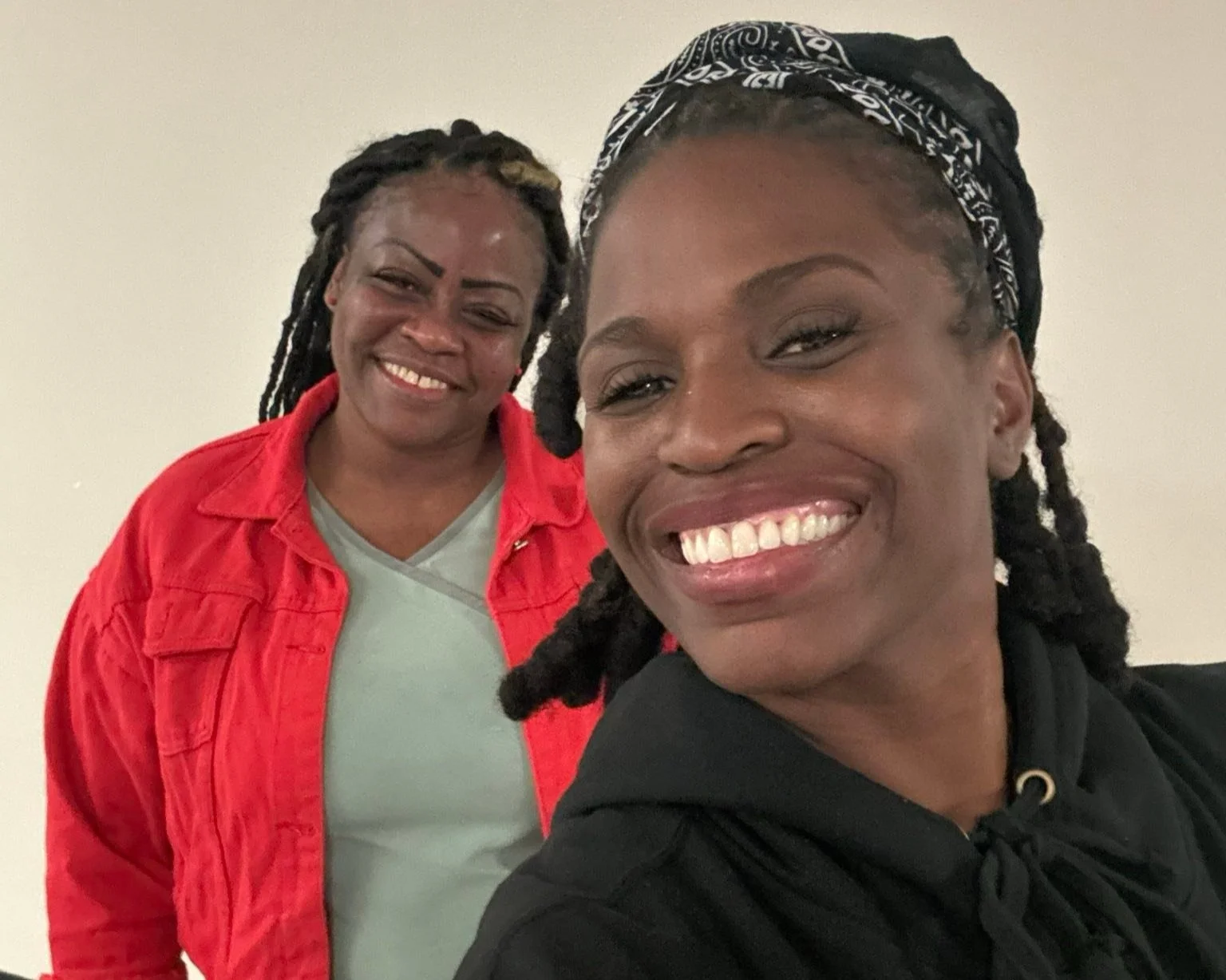Meet Tameka
That night, he had gone out while I stayed home exhausted from work. He later woke me up, insisting, “Let’s go out.” I refused, saying, “I’m tired; I worked two shifts.” He left the house, and I told him over the phone, “I don’t want this relationship anymore. Don’t come back.”
Later, I saw on my Ring camera that he was outside, intoxicated, falling over, and acting erratically. I warned him, “I’m calling the cops.” I told them, “He’s drunk, there’s a stay-away order, and he gets physical. I’m afraid for my life.” They agreed to meet me at the house.
When I arrived, the cops were there. He came to the door belligerent, and I reiterated, “He’s not supposed to be here. He gets physical when drunk, and we have two open cases.” The officers claimed they couldn’t verify the order and took his word that he’d leave. I warned, “He’s not going to leave,” but returned to work.
After my shift, I hesitated to go home but eventually returned. Once I got home, he confronted me, saying, “You always call the cops. They didn’t make me leave.” A few minutes later, his cousin arrived, saying, “I’m tired of him putting his hands on you when he’s drunk. But my wife doesn’t want him back.” The cousin tried reasoning with him but gave up, saying, “He’s never going to change.”
Later, as I sat at the table on the phone, he attacked me, choking me. I struggled, pushed him off, and shouted, “I’m tired of you putting your hands on me!” As I ran toward the door, he stopped, saying, “Babe, I’m hit.” Confused, I saw him holding his side. He stumbled outside and collapsed.
I realized what had happened—the knife bucket on the counter had stabbed him when I pushed him off me. I told the police, “I never touched a knife. He got hurt because he attacked me.” I reminded them, “I begged you to take him earlier. Now look what’s happened.”
Through tears, I explained, “I work with elderly and disabled kids. I’m not a violent person. I didn’t want this, even after all he’s done to me.”
With a $200,000 bail, Tameka languished in jail for two years until Barred Business bailed her out.
Tameka had always lived a good life, one filled with purpose and hard work. “I worked two jobs,” she recalled. “I always worked. I worked with kids with disabilities and the elderly. I worked in a nursing home. I had my own apartment, a two-bedroom. Basically, I had a good life. All I did was work and make money.”
But her world unraveled, leaving her in a place she never imagined. “I was just crying every day,” she said quietly. “I was sitting by myself and just crying.” But then I said, I gotta be strong for these other girls because they look up to me. I gotta get up. I gotta come out here. I gotta get this Bible. I gotta read to them. I gotta pray with them.” She found strength in helping others, even in the darkest moments.
Amid her despair, one bright light appeared: her sister. “I have a loving sister. Very loving sister. We’re very close. And, you know, it took a toll on her too because she was so upset that her sister’s in jail, you know.”
Her sister, Sabrina, refused to give up on her. “Somehow, she got in touch with Barred Business,” she said, her voice softening with emotion. “And one day, she calls me. And she was like, ‘You know, I got in touch with this beautiful company. I told them your story, and they want to help you.’”
The day came when she was finally released. She was overwhelmed with disbelief. “Then they walked me out, and I was still crying; I was in disbelief.”
Tameka’s story is all too common.
Black women are 44% more likely to experience Intimate Partner Violence compared to 35% of white women, and Black women are more likely to experience more severe and lethal forms of violence.
Black women are disproportionately affected by intimate partner violence due to systemic racism and face a heightened risk of arrest and incarceration when seeking help. Harmful stereotypes depict Black women as inherently strong, resilient, hypersexual, and sexually deviant, leading to the dismissal of their experiences. These narratives also create barriers to resources, as Black women may fear rejection or disbelief—including being perceived as "strong enough" to endure abuse or even deserving of it.
Today, Tameka is home awaiting her trial, filled with gratitude and a renewed sense of purpose. She now dreams of helping others who are enduring the pain of domestic violence and intimate partner violence.
“I would like to somehow get into something to help girls who are going through a domestic violence situation,” she shared, her voice steady yet filled with compassion. “Some of them think there’s no way out because they’re scared. You understand? You’re scared to leave because you know they’re going to come after you and try to kill you.”
Because of your support, her story is no longer one of survival alone but of hope and transformation.

